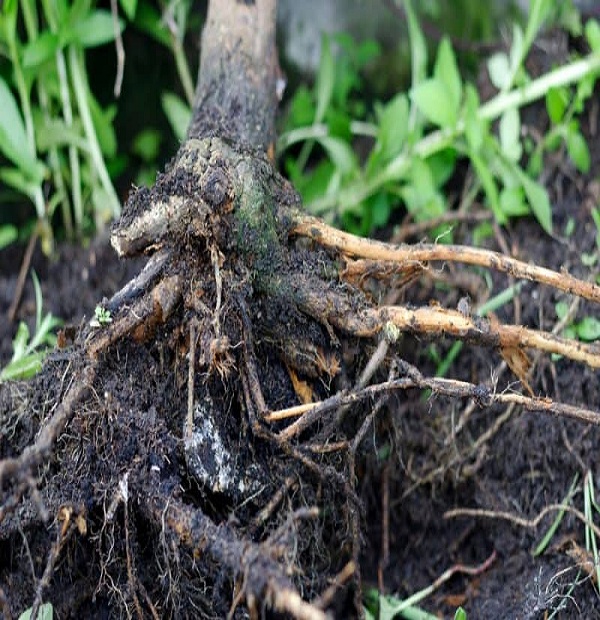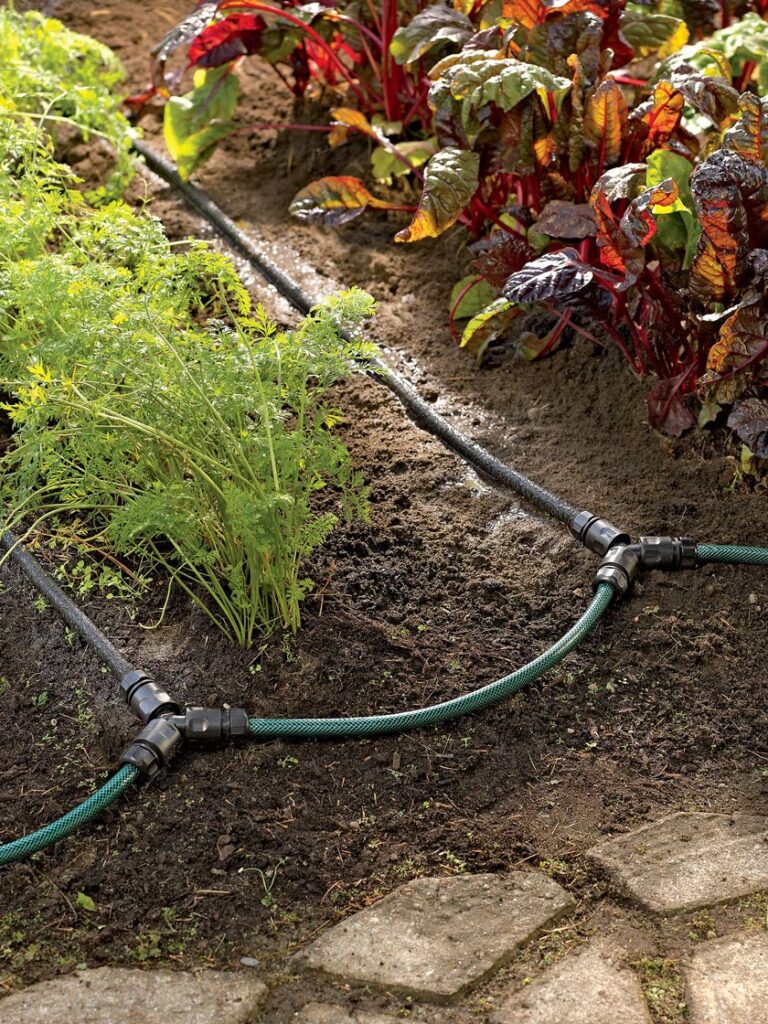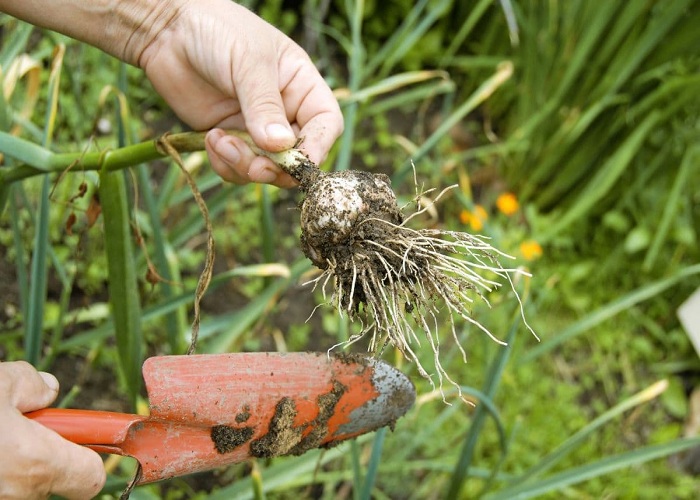How, when, and how frequently you water your garden can have a significant impact on the health of your plants. Plants are able to grow strong, deep, and healthy roots if they are watered properly. But if you don’t have it, things can quickly go wrong.
When it comes to watering, there is little doubt that poor practices can harm plants, cause them to rot, and increase their susceptibility to disease. In other cases, it can even result in a complete breakdown of the entire facility.
Vegetable plants’ watering requirements vary widely depending on the temperature and weather conditions in your garden. Growing tomatoes in the middle of the desert will be very different from doing so in a more moderate region, it should go without saying.
Having said that, there are a few watering tactics that should never be used, regardless of where you happen to live and grow. If you’re still not sure how to water your garden properly, here are four of the most common mistakes and how to avoid them!
Watering Inadequately
It’s safe to say that overwatering the garden is the most prevalent blunder. Overwatering garden plants do more damage than underwatering vegetable plants, which may sound absurd.
When seedlings or transplants are just a few days old, they need to be watered every day. For the first 5 to 7 days, transplants often require daily watering. There are much more issues than benefits to watering every day.
How come? Because allowing plants to build a huge, deep root system is the most effective approach to making them healthy. It’s a fact of life that plants that are regularly watered never go deeper into the soil to seek out other sources of moisture and nutrients.
Plants with extensive root systems are better able to utilize water and nutrients as a whole. As a result, their roots are more shielded from adverse weather conditions. Plants with deeper roots require less watering, which is a bonus!
The problem with daily watering
There is a long-term effect on plant health when watering is done at the same time each day. As a result, they are unable to expand their roots. This results in a weakened root system, which in turn results in a weak plant. An unwatered plant can suffer greatly in the event of a violent windstorm or several days without water.
Watering a vegetable plant only needs to be done every 4 or 5 days after it has established itself and has been mulched properly.

Watering too shallow
Too much irrigation and not enough watering both contribute to shallow roots. In order to get the most out of your vegetable plants, you need to water them well.
Each mature plant should receive a quarter to a half gallon of water around the root zone. Slowly saturate your plants with water instead of allowing them to evaporate. This also aids in the development of deeper roots in the plant.

Watering in the middle of the day
Avoid watering your garden in the middle of the day if at all feasible. Vegetable gardens and their plants face a variety of short-term and long-term issues when watered during the middle of the day.
Watering your plants in the middle of the day may seem like a good idea to protect them from the hot heat, but in reality, it can do a lot of harm. The midday period is the most stressful time of day for plants. At this stage, watering them can actually make things worse.
The water spray heated by the sunlight can easily burn the leaves, blossoms, and even the crops themselves. Due to the heat and the sun, the water that reaches the soil evaporates at a considerably faster rate. It results in a significant reduction in the amount of water that reaches your plants’ roots!
The Ideal Time To Water
Watering the garden first thing in the morning is ideal. Because the sun is low in the sky and the air is cooler, the plants have an easier time absorbing moisture. As a bonus, early morning watering allows plants to acclimate to the sweltering heat.
If you can’t water in the morning, try watering in the early evening. Another benefit of this time of year is that plants are less stressed and the sun’s rays are less likely to damage leaves.
Evening watering has only one drawback: plants can sometimes carry too much moisture through the cool of the night. There is the possibility for mold and mildew to thrive in these settings. If you live in an area where the nights are cold, you should keep to a morning watering schedule.

Watering with a fire hose
Watering your lawn or garden with a powerful jet of water from a hose or sprinkler is never a smart idea. The “fire hose” technique for watering is what we call it, and it causes a slew of problems for your plants. It can have a negative impact on their health and productivity!
Exceptional Watering Methods
Removing the nozzle also makes it easier to get to the roots of plants under the top growth of growth. A soaker hose can be even more convenient for watering if you already have them. Make watering your plants a snap with the help of these gadgets!
Just place them in a pot and switch on the water supply. It does not exert any effort while delivering water slowly to the root zone.


